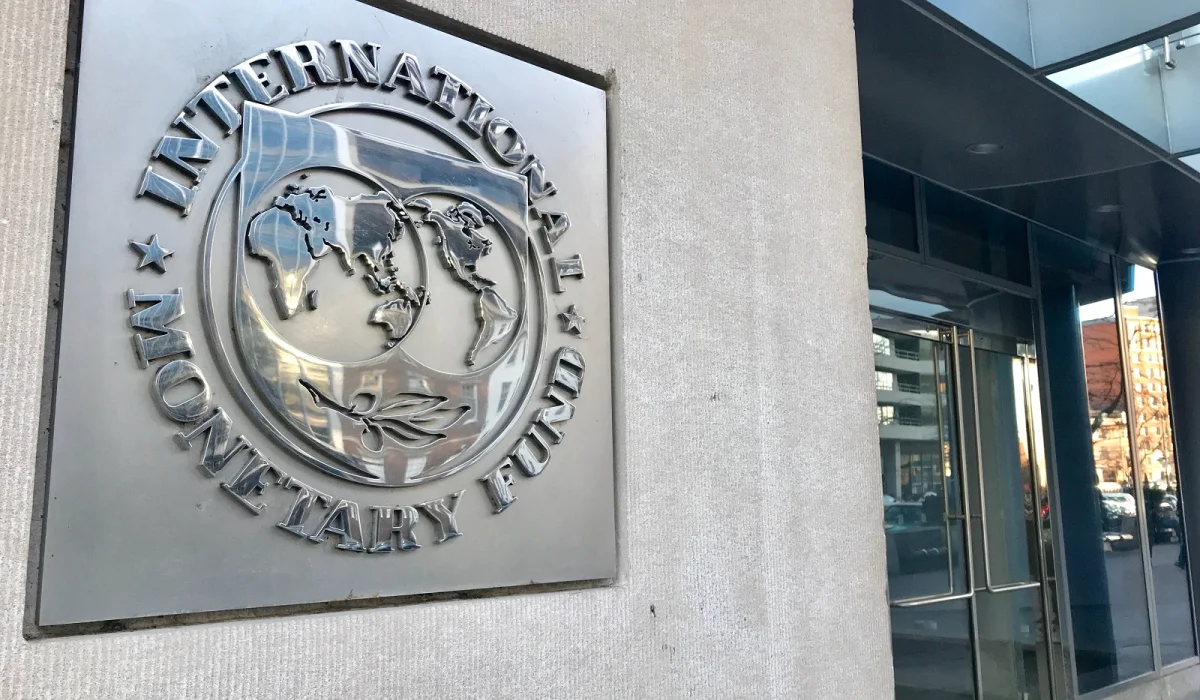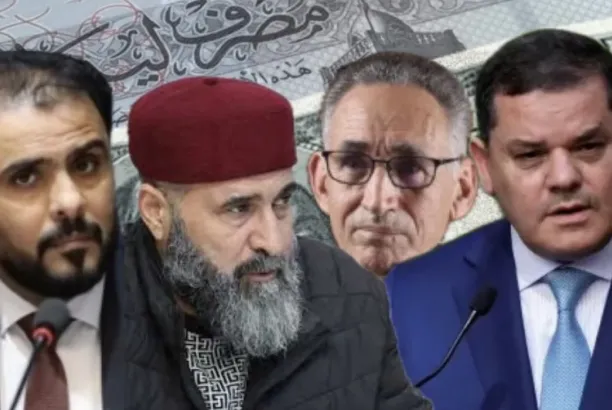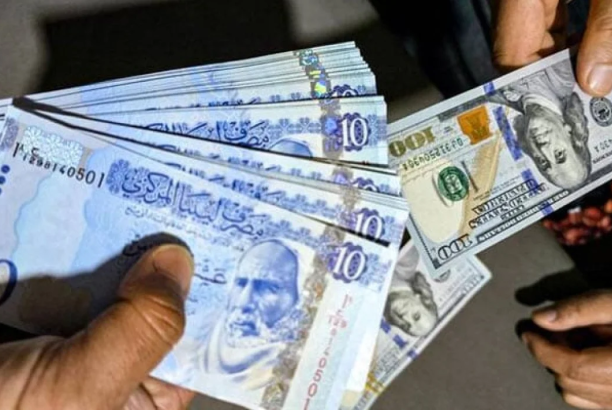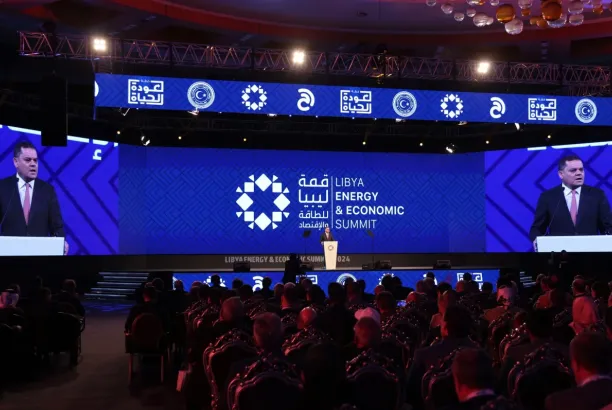The International Monetary Fund revealed in a report that the extremely low prices of oil and electricity encourage smuggling across borders, and it is likely that the sharp increase in the quantities of gasoline and diesel consumed contributes to the increase in smuggling to neighboring countries due to the large price difference.
According to the IMF, the authorities estimate that up to 30% of imported fuel is smuggled, and it is suspected that the distribution networks are the source of this smuggling. The absence of strict oversight over the distribution system leads to the diversion of quantities of diesel and gasoline allocated through the official distribution network either to the black market inside Libya or across the borders to neighboring countries.
The IMF proposed increasing the electricity tariff in Libya to 0.5 dinars per kilowatt-hour instead of the current 0.04 dinars.
The Fund indicated that per capita electricity consumption in Libya is among the highest in the region, with ten billion cubic meters of natural gas and five million barrels of oil used to generate electricity in the year 2023, at a cost of 4.4 billion dollars.
The IMF confirmed that electricity generation capacity in Libya increased by 40% between 2020 and 2024, based on data from the General Electricity Company, which required more consumption of diesel and natural gas.
Gradual increase in electricity tariffs:
The Fund explained that electricity subsidies have significantly inflated in recent years, as electricity fees in Libya are among the cheapest in the world, at 0.04 dinars per kilowatt-hour — less than the production cost and the global average — proposing a gradual increase in electricity tariffs within a three-year plan to reach 0.5 dinars in the third year.
The IMF outlined a plan to remove subsidies in Libya, meaning the price of a liter of gasoline would reach 3.3 dinars. It also recommended establishing an effective collection system to ensure that price increases are distributed fairly among all consumers, including government institutions. At that point, the government can allocate subsidies to the electricity company to compensate for any losses until the tariffs reflect the true production cost. Moreover, residential and commercial electricity meters must be changed to prepaid systems, and illegal connections must be ended to ensure the new tariffs are implemented.






